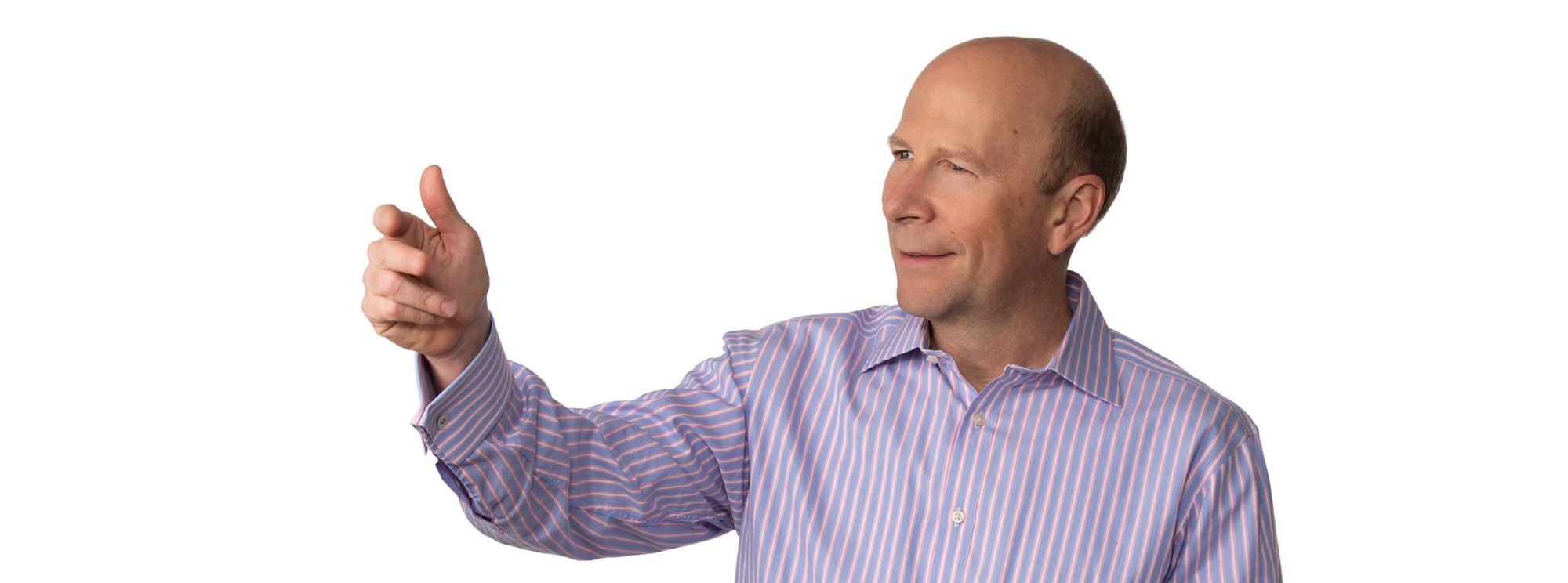Startup Storytelling
I meet with innovators regularly, people with audacious goals who create new value. They ask me for money, people and contacts. Often though, their pitch needs work. I feel their pain, which is why I step in to help with their startup storytelling.
I understand the challenge. We have minutes (maybe only seconds) to make a connection. We need one compelling story, quickly told, that covers all the bases. We don't need to be perfect, but we must be believable.
Three years ago, I began work on a storytelling process for entrepreneurs. I went to meetups, participated in hackathons, judged pitch contests and taught workshops. I met with startup founders at accelerators, incubators and coffee shops.
After more than a hundred conversations, I had something that was adding value across multiple industries. It worked in the first meeting with a founder and as a strategy refinement process over time.
Curious? Here are the three elements I use in startup storytelling.
Expose - First, we isolate the component parts of the business. I prompt for fifteen questions, listen carefully to the answers, and populate an analytical framework. This reveals the necessary elements of a compelling, believable story in about 30 minutes.
Craft - Now we craft a story, working backward from the ask. It's an iterative process. Does the story hook the listener immediately, include each business element, hold their interest, and leave something to the imagination? is it believable?
Practice - Finally, we look more closely at the pitch itself. We fuss over every detail - each word said and promise made. We practice it, live it, and fix what isn’t working. Practice is crucial, to gain confidence and message consistency.
In under an hour, we get a compelling story and have time to practice it once. Repeating the process refines that story, as it includes others on the startup team. As we work together over weeks and months, we start to see profound results.
Here are three examples.
GAUGE Early Access Program

For client work, I had developed a strategy iteration tool based on my GAUGE framework. Wanting feedback in late 2017, I gave early access to three teams in different industries. Jeanette Mucha, a scientist and first-time CEO at SciBac, represented the biotech sector. As a scientist she had no formal training or practice at the art of the pitch. In many conversations prior I had asked my questions, and we had some rapport. The discipline of writing our her strategy elements prepared her for investor conversations that led to an $800k extension of her seed financing. As for me, I added a new value point to my portfolio that I called business storytelling.
Founder Funding
In the summer of 2018, I started to teach a Founder Funding class at Node Worldwide with Seth Goldstein. Our sessions had small groups of founders take turns pitching the group. Feedback led to story structure sessions where the group would make suggestions for the best hook and flow. Then we would take a second pass through the pitches. Eventually, we added a Pitch Perfect evening event to put those stories in front of a larger audience. Attendees have gone on to launch companies and expand the ones they run. One of the founders featured in the video, Jon Connors, launched Hack for Earth in fall of 2019 and continues to develop solutions for ecological restoration.
EOS Global Hackathon SF

In the fall of 2018, I joined a team of blockchain advocates that intended to compete at the EOS Global Hackathon SF. The five team members quickly coalesced on the core idea, gave it a name, and got to work on the code. I went to work on the story with Rob Behnke. In contests like this one must play to win, because there is no harm in losing. We went all out on a big idea of decentralized and incentivized open source code development. Rob practiced, and killed it on stage. Our team of hackathon heroes won 1st place, $100k, and a trip to South Africa for the world finals. A company formed to build out NouGit, and is launching alpha code now.
